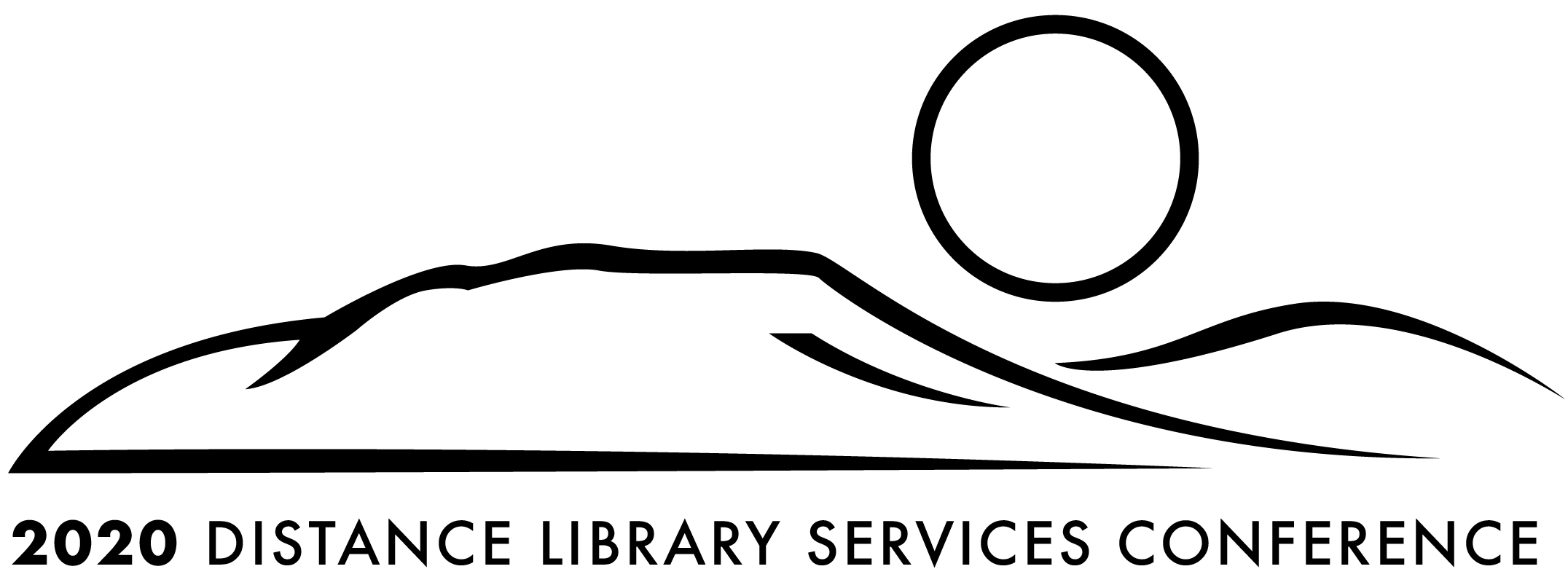Developing Information and Technology Literacy Competencies for Teachers
Session Format
In-person Poster
Conference Tracks
Library Instruction and Instruction Design
Short Description
Pre-K-12 teachers need to be able to apply information literacy to their personal and professional lives and to teach these skills to their students. But how do we train them to do so? At the Relay Graduate School of Education, the library has had the opportunity to be involved as the school completely re-designs its centralized curriculum for teachers. Learn how the library collaborated with faculty to create a list of information and technology literacy competencies for teachers, and how it plans to integrate these across the teacher education curriculum to serve teachers at 18 campuses around the country.
Long Description
Traditionally, academic librarians have focused on preparing students to apply information literacy to their academic lives, but have focused less on the applications to students' personal and professional lives. However, the ability to find, use, and evaluate information is vital in all spheres, particularly for pre-K-12 teachers, who are also responsible for teaching these skills to their students. But how do we train them to do so?
At the Relay Graduate School of Education, the library has had the opportunity to be involved as the school re-designs its curriculum for teachers from the ground up. Relay is a unique institution with 18 campuses around the United States, a centralized curriculum and a single, primarily digital, library serving all campuses from a distance. Instruction at Relay happens both synchronously (either online or in-person) and asynchronously (through Canvas).
Through this poster, attendees will learn how the library collaborated with faculty members to create a list of information and technology literacy competencies for teachers aligned to the ACRL Framework for Higher Education and the ISTE Standards for Educators. The poster will also describe plans for integrating these competencies across the teacher education curriculum and for preparing education faculty members (who are not librarians) to deliver this curriculum. Being involved in the design of a centralized, hybrid curriculum means that the library will have far greater impact than if it relied on collaborations with individual faculty or on one-shot instruction.
Learning Objectives
- Participants will be able to describe how to create subject-specific information literacy competencies based on the ACRL Framework for Higher Education
- Participants will be able to describe how to collaborate with faculty to become embedded across a centralized curriculum for distance students
Developing Information and Technology Literacy Competencies for Teachers
Traditionally, academic librarians have focused on preparing students to apply information literacy to their academic lives, but have focused less on the applications to students' personal and professional lives. However, the ability to find, use, and evaluate information is vital in all spheres, particularly for pre-K-12 teachers, who are also responsible for teaching these skills to their students. But how do we train them to do so?
At the Relay Graduate School of Education, the library has had the opportunity to be involved as the school re-designs its curriculum for teachers from the ground up. Relay is a unique institution with 18 campuses around the United States, a centralized curriculum and a single, primarily digital, library serving all campuses from a distance. Instruction at Relay happens both synchronously (either online or in-person) and asynchronously (through Canvas).
Through this poster, attendees will learn how the library collaborated with faculty members to create a list of information and technology literacy competencies for teachers aligned to the ACRL Framework for Higher Education and the ISTE Standards for Educators. The poster will also describe plans for integrating these competencies across the teacher education curriculum and for preparing education faculty members (who are not librarians) to deliver this curriculum. Being involved in the design of a centralized, hybrid curriculum means that the library will have far greater impact than if it relied on collaborations with individual faculty or on one-shot instruction.

